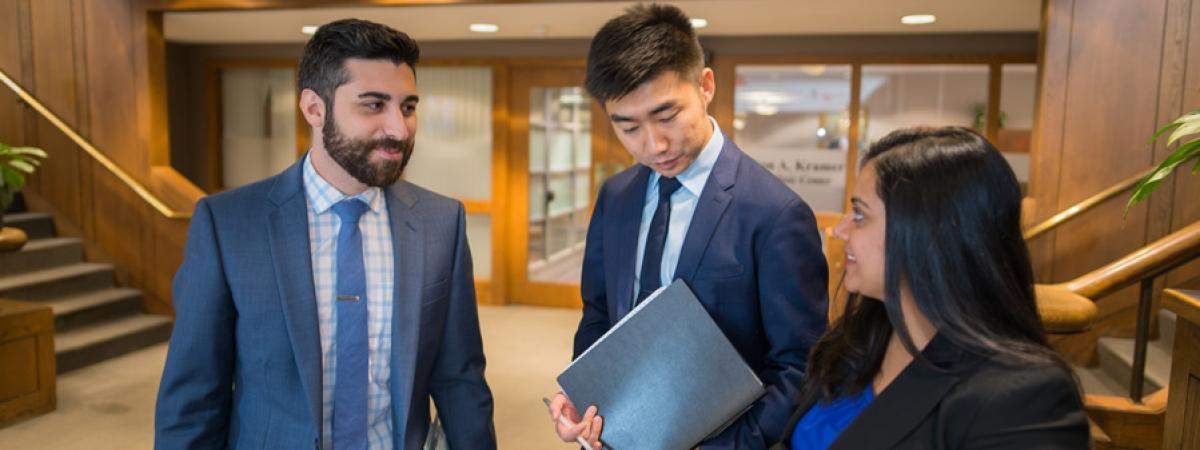Rastafarian inmate says prison officials forcibly cut his dreadlocks, kept as part of religious practices
An Ohio inmate who practices Rastafarianism has sued the director of the state prison system and five others, claiming they violated his Civil Rights by forcibly cutting his dreadlocks and preventing him from keeping other requirements of his faith. A team of three law students and their professor from the Case Western Reserve University School of Law’s Milton A. Kramer Law Clinic Center filed the complaint (PDF) Nov. 16 in the U.S District Court for the Northern District of Ohio, Eastern Division. The action was filed by Avidan Cover, professor of law, and student interns Punam Chatterjee, Anthony Cirranello Jr., and Tianjiao Han. The students and law professor are representing plaintiff Cecil Koger, a 35-year-old inmate in the Trumbull Correctional Institution (TCI) in Warren, where he is serving a life-sentence for a 1999 aggravated murder and aggravated robbery conviction. Named as defendants are: Ohio Department of Rehabilitation and Correction (ODRC) Director Gary C. Mohr, state Northeast Regional Director Todd Ishee, state Religious Services Administrator Michael Davis; and TCI officials Warden Charmaine Bracy, former Deputy Warden Richard Bowen and Chaplain Alexander Kostenko. The lawsuit—which asks for a court trial, for changes in state policies regarding Rastafarianism and for unspecified monetary damages—alleges that prison officials violated Koger’s religious freedom guaranteed by the First and Fourteenth Amendments of the U.S. Constitution and the Religious Land Use and Institutionalized Persons Act. That federal law prohibits prisons from impinging on inmates’ religious exercise unless those prisons can show their actions serve a compelling interest, and in the least restrictive manner. “Both the framers of the Constitution and Congress have seen to fit to protect religious freedom,” Cirranello said. “We should protect all citizens from unreasonable governmental intrusion and any constitutional violations, no matter their faith or status in society.” The complaint also contends that Ohio has made allowances for many other religions, including Christianity, Judaism, Islam and Asatru, a modern revival of ancient Norse paganism, but disfavors Rastafarianism. Specifically, the students and law professor ask the court for a jury trial on the merits of Koger’s complaint and:- To prevent prison officials from cutting Koger’s hair;
- Force the state to “officially recognize Rastafarianism as a religion” and develop a policy that includes accommodations for growing dreadlocks, observing a processed-food-free diet, the wearing of a tam headcovering, providing religious texts and allowing religious services; and
- Force the state to pay compensatory damages, punitive damages, legal fees and court costs to Koger.


